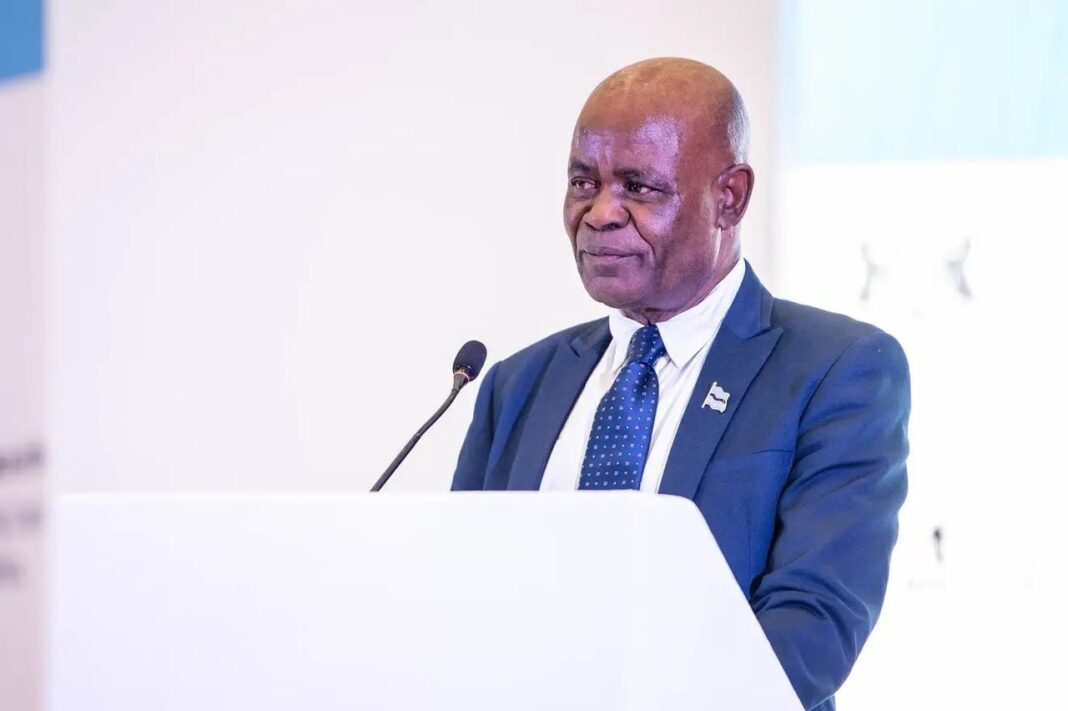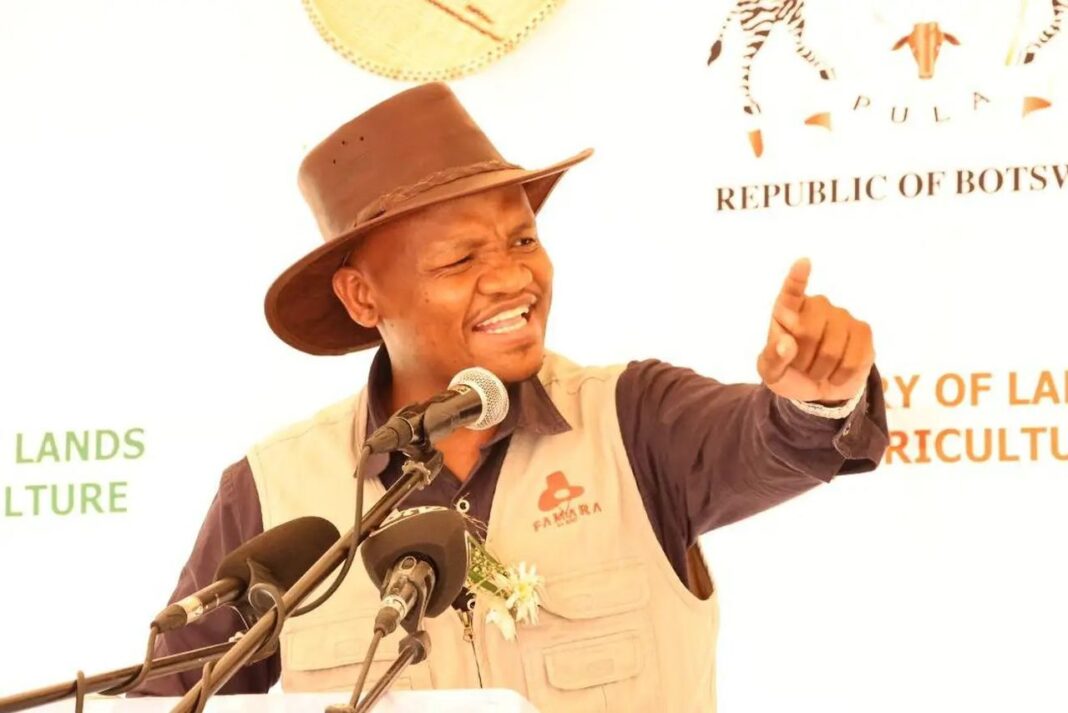The transformation of Botswana is not solely focused on billion-dollar infrastructure projects; it is fundamentally about unlocking opportunity and restoring dignity for every citizen, integrating inclusive social reforms with structural economic shifts.This commitment is best embodied by the introduction of a historic P4,000 living wage from July 2025 for members of seven critical public sector unions. This measure is more than an adjustment to a salary scale; it is a strategic economic intervention designed to immediately lift thousands of families out of poverty, stabilize the labor sector, and inject much-needed purchasing power into the local economy. The government has taken the bold step of ensuring this principle extends directly to marginalized workers through the insourcing of essential services, such as security, gardening, and cleaning. By bringing these roles back under government contracts, workers who previously earned minimal wages are now guaranteed the P4,000 minimum, ensuring fair compensation and job security while reinforcing the national dignity agenda. This move is projected to significantly enhance worker morale and reduce income inequality across the public sector.To further expand employment opportunities and maximize the use of national assets, the government is aggressively pursuing the framework for a 24-hour economy. This paradigm shift is not simply about keeping the lights on; it is a calculated effort to increase national productivity and accommodate a greater number of citizens in the workforce through staggered 8-hour shifts across both public and private sectors. The most immediate impact of this measure is visible at the country’s physical borders. Key border posts, including Martin Drift, Tlokweng, Lobatse, Kasane, and Ramokgwebana, are transitioning to 24-hour operations. This logistical transformation is vital for improving the efficiency of trade flows and regional mobility, positioning Botswana as a reliable and high-speed corridor within the SADC and AfCFTA frameworks. The creation of these one-stop facilities eliminates delays, reduces friction for businesses, and increases the profitability of local logistics companies, creating a positive feedback loop for economic activity.Crucially, economic inclusion also means restoring legal identity and fundamental human rights. The government has tackled the deep social challenge of statelessness by introducing reforms for Multi and Investment Citizenship and, more importantly, fast-tracking the registration and issuance of citizenship to thousands of children born to mixed-nationality parents, particularly along border regions. These innocent children, who were previously denied basic rights due to a lack of an Omang national identity card, are often unable to work, attend school, or even open a bank account. By granting citizenship under the Law of Doubtful Citizenship, the state is performing an act of restorative justice, unlocking legal identity and access to opportunity for a vulnerable demographic. This modernization of identity management is being reinforced by the concurrent rollout of the electronic ID card, designed not only to improve the efficiency of public service delivery but also to significantly enhance security, reduce fraud across government systems, and boost overall administrative productivity.Finally, the dignity agenda extends beyond current employment to addressing historical economic injustices. The report details the collaborative effort with the South African Government to provide cross-border justice for ex-miners. The Ministry has assisted nearly 1,339 ex-Batswana miners in claiming compensation for occupational diseases and accruing pensions since 1989. To date, over P119 million has been paid out for occupational diseases and an additional P77 million for pensions. This ongoing process of identifying and compensating the remaining miners across the country underscores the commitment to ensuring that those who built the foundation of the modern economy are not forgotten. These holistic reforms demonstrate that Botswana’s transformation is comprehensive, touching not just the macroeconomy, but the lives and livelihoods of every citizen, ensuring that the fruits of growth are distributed equitably.



